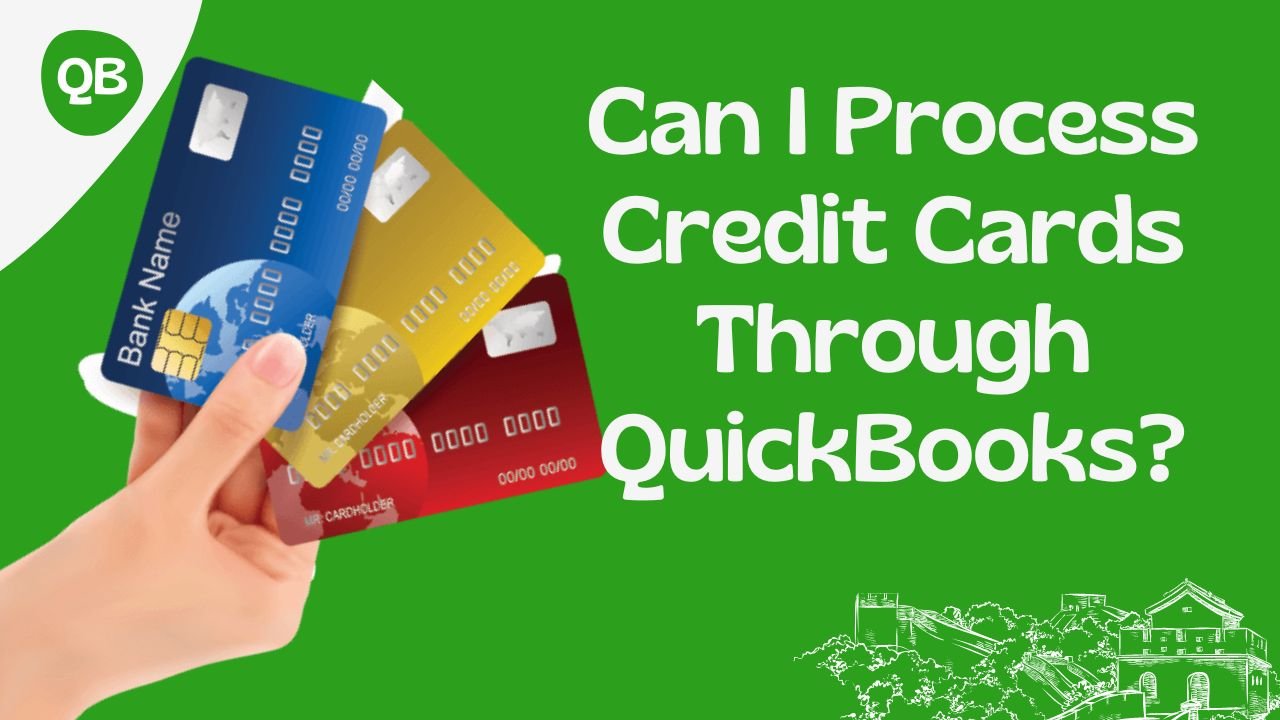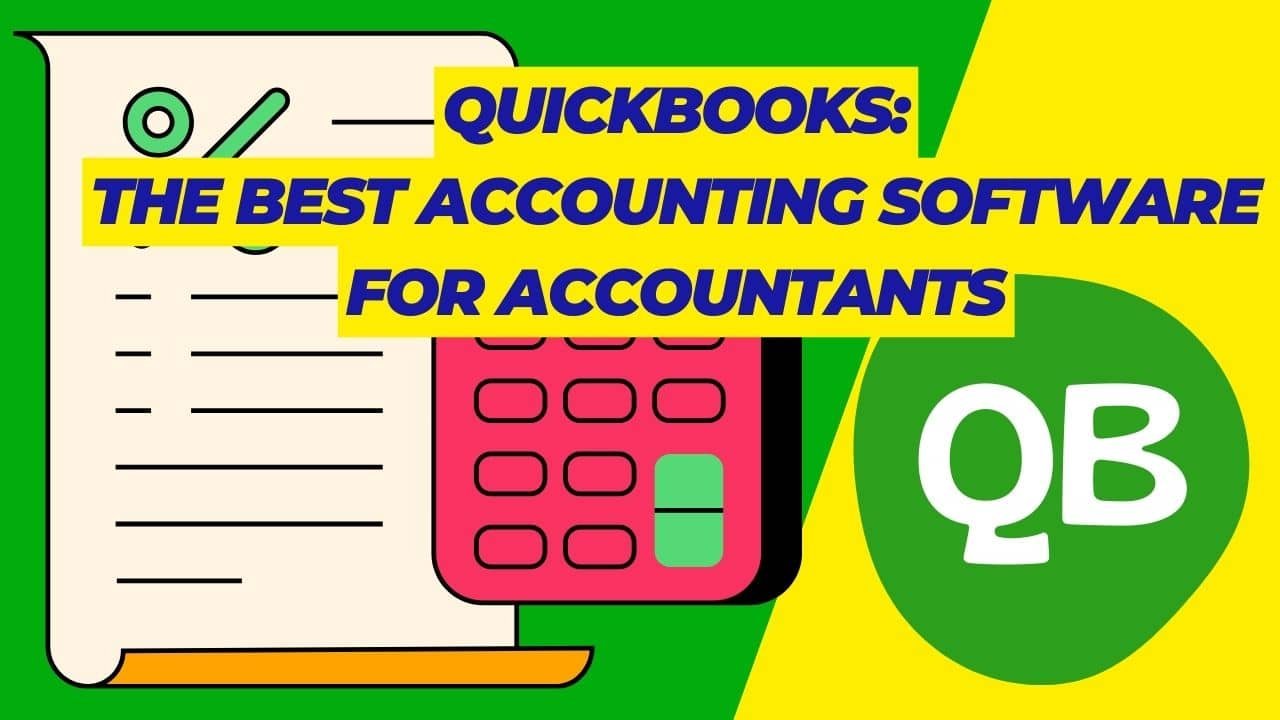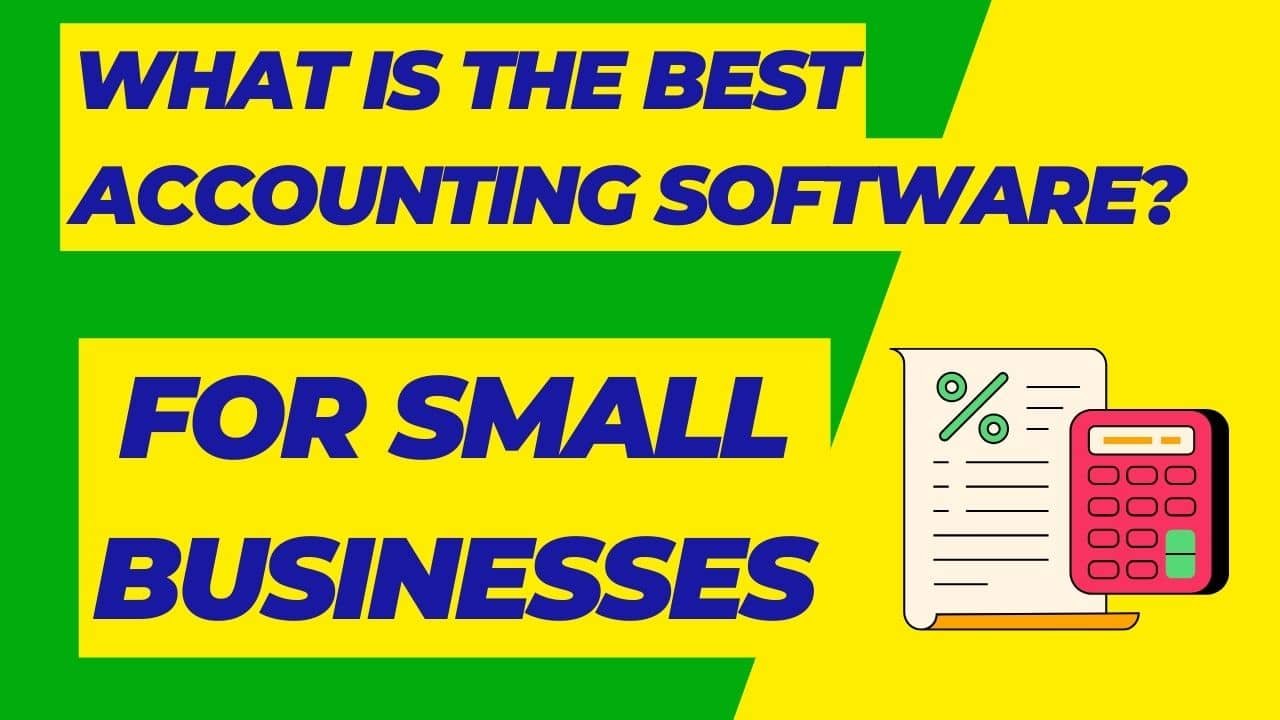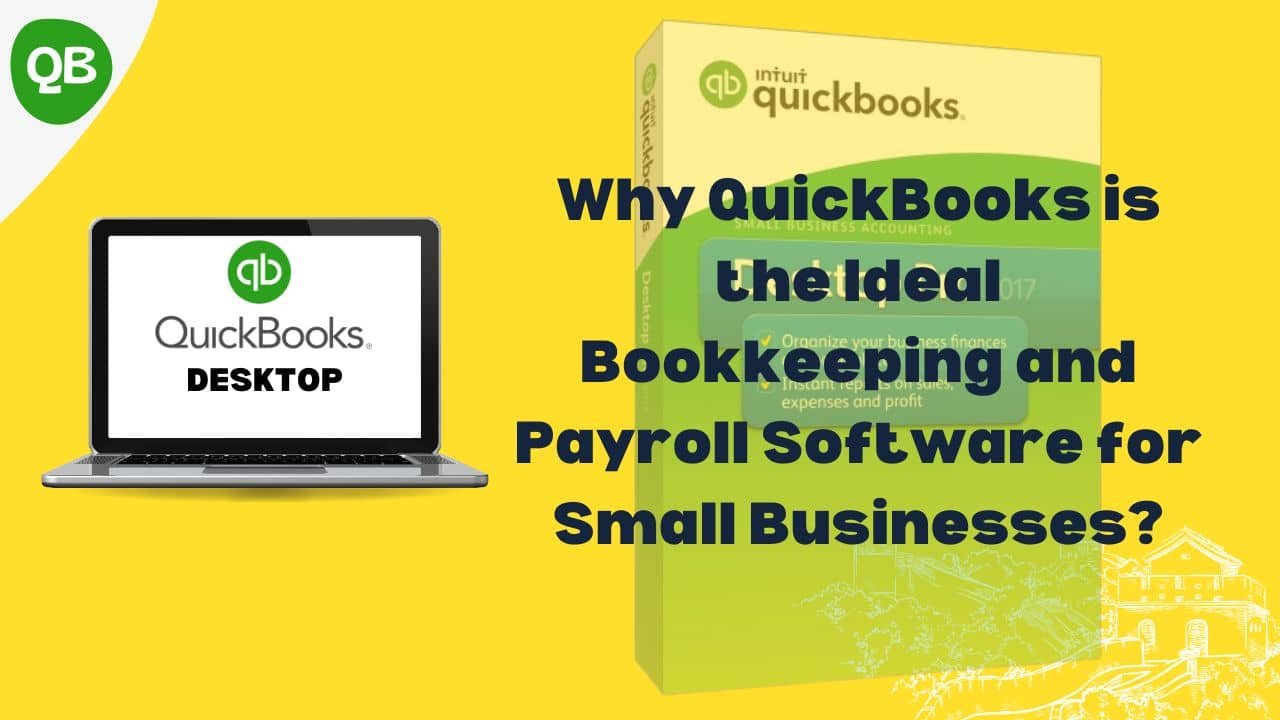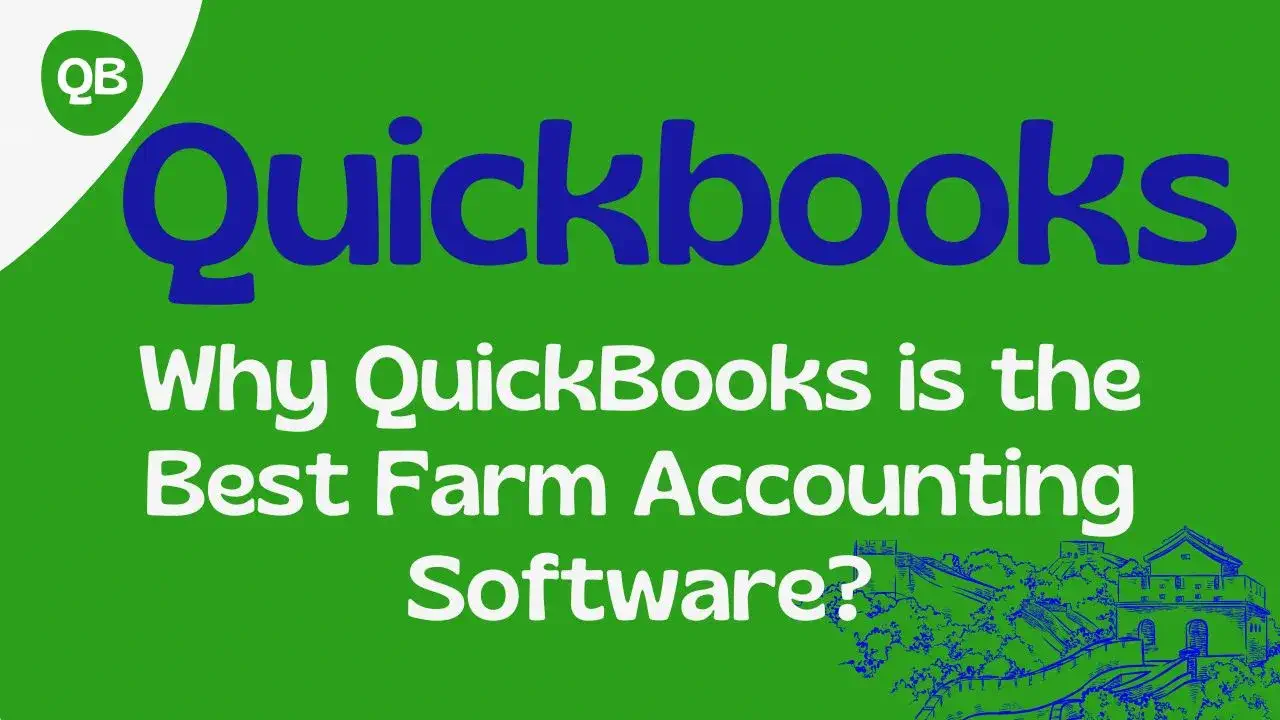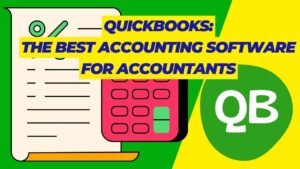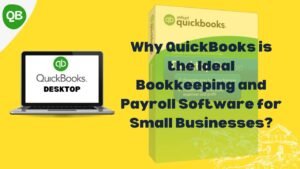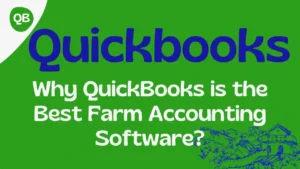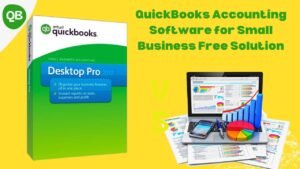In today’s fast-paced digital age, businesses require efficient solutions for processing transactions. QuickBooks, a renowned financial management software, offers a seamless way to manage various aspects of your business, including credit card transactions. This article delves into the benefits and processes of processing credit cards through QuickBooks, highlighting how this integration can elevate your business transactions.
The Advantages of Processing Credit Cards through QuickBooks
- Enhanced Efficiency and Accuracy Integrating credit card processing with QuickBooks streamlines your financial operations. You can bid farewell to manual data entry errors and lengthy reconciliations. This integration ensures that transaction details are automatically updated in your accounting records, reducing the chances of discrepancies.
- Real-time Transaction Monitoring Processing credit cards through QuickBooks allows you to monitor transactions in real time. You gain immediate insights into successful payments, pending transactions, and any potential issues. This visibility empowers you to make informed decisions promptly.
- Seamless Financial Reporting With credit card transactions integrated into QuickBooks, generating financial reports becomes a breeze. Whether it’s your monthly sales report or a quarterly revenue analysis, the software compiles data accurately, presenting a comprehensive overview of your business’s financial health.
How to Integrate and Process Credit Cards with QuickBooks
- Choosing the Right Payment Processor To embark on this journey, select a compatible payment processor that aligns with QuickBooks. Research and choose a processor that offers secure transactions, competitive processing fees, and seamless integration.
- Setting Up the Integration Once you’ve chosen a payment processor, follow QuickBooks’ user-friendly interface to establish the integration. This usually involves connecting your payment processor account with your QuickBooks account.
- Configuring Payment Options After integration, configure the payment options you want to offer to your customers. QuickBooks enables you to accept various credit cards, providing convenience to your clientele.
- Ensuring Security and Compliance Security is paramount when dealing with financial transactions. QuickBooks and reputable payment processors adhere to stringent security standards. Make sure to educate yourself about Payment Card Industry Data Security Standard (PCI DSS) compliance to safeguard sensitive customer information.
Transitioning Towards a Seamless Transaction Experience
In the competitive business landscape, customer experience is a key differentiator. Processing credit cards through QuickBooks contributes to a smoother transaction journey for both you and your customers.
Transition words like “Furthermore,” “In addition,” and “Moreover” can elegantly connect your content, guiding readers effortlessly through your article. The power of these words lies in their ability to establish relationships between ideas and enhance the flow of your narrative.
Elevate Your Transactions with QuickBooks
Incorporating credit card processing within QuickBooks is a strategic move that modern businesses should consider. This integration not only optimizes financial operations but also enhances the overall customer experience. From improved accuracy to real-time insights, the benefits are clear. Take the leap, choose the right payment processor, and unlock the potential of seamless transactions through QuickBooks!
